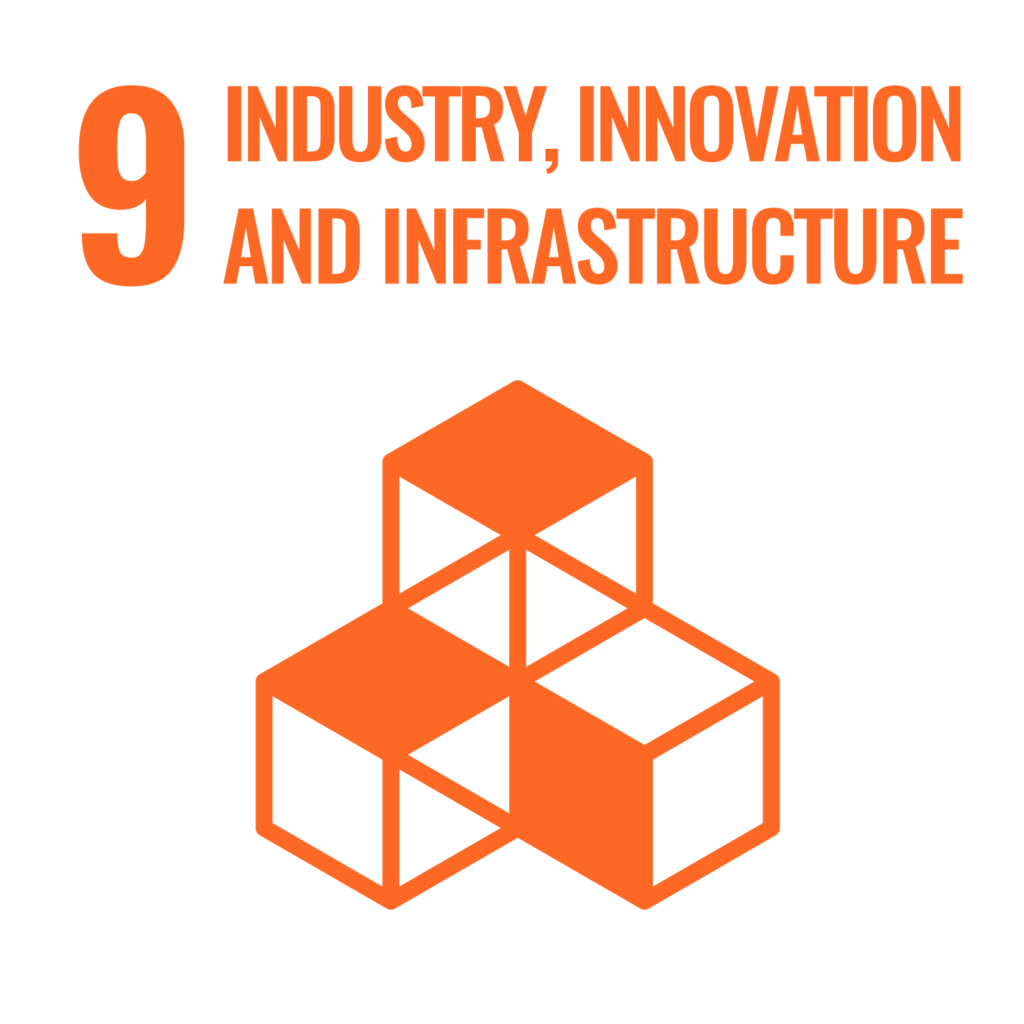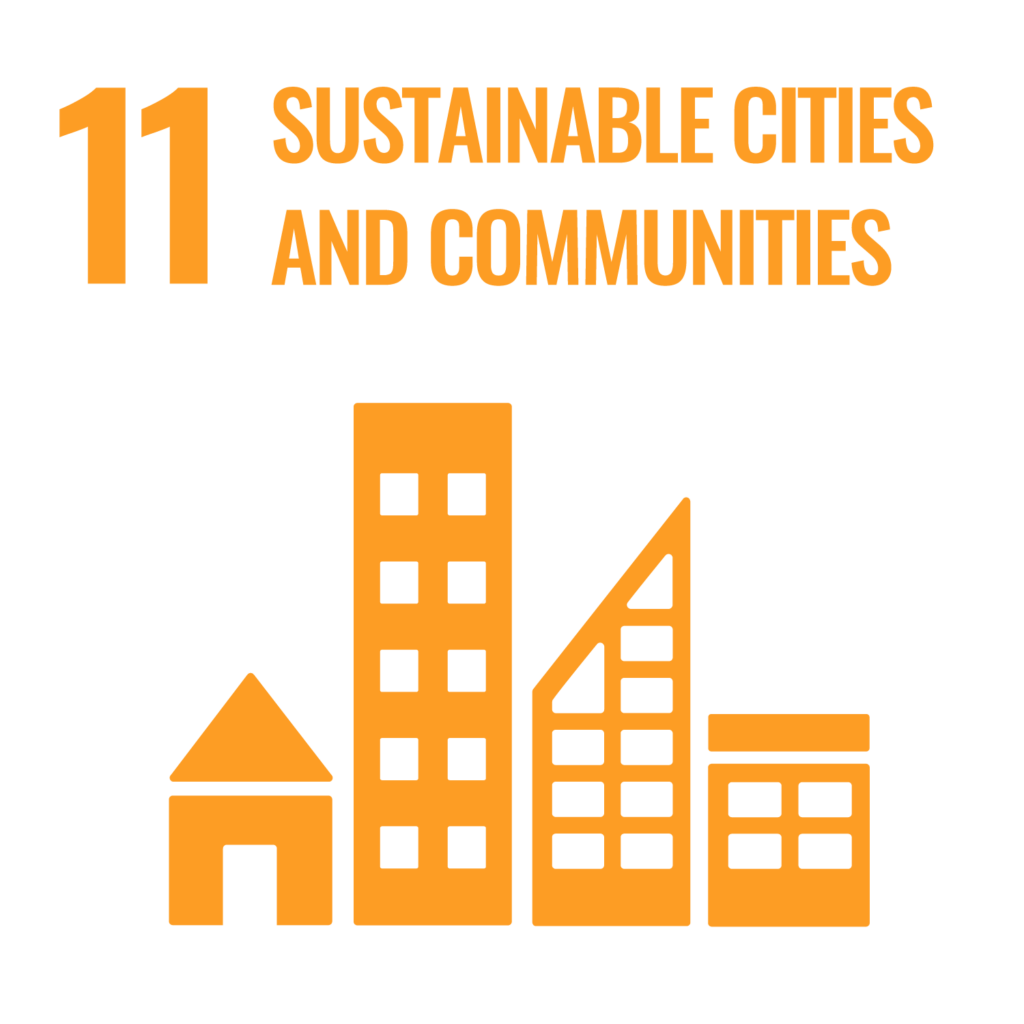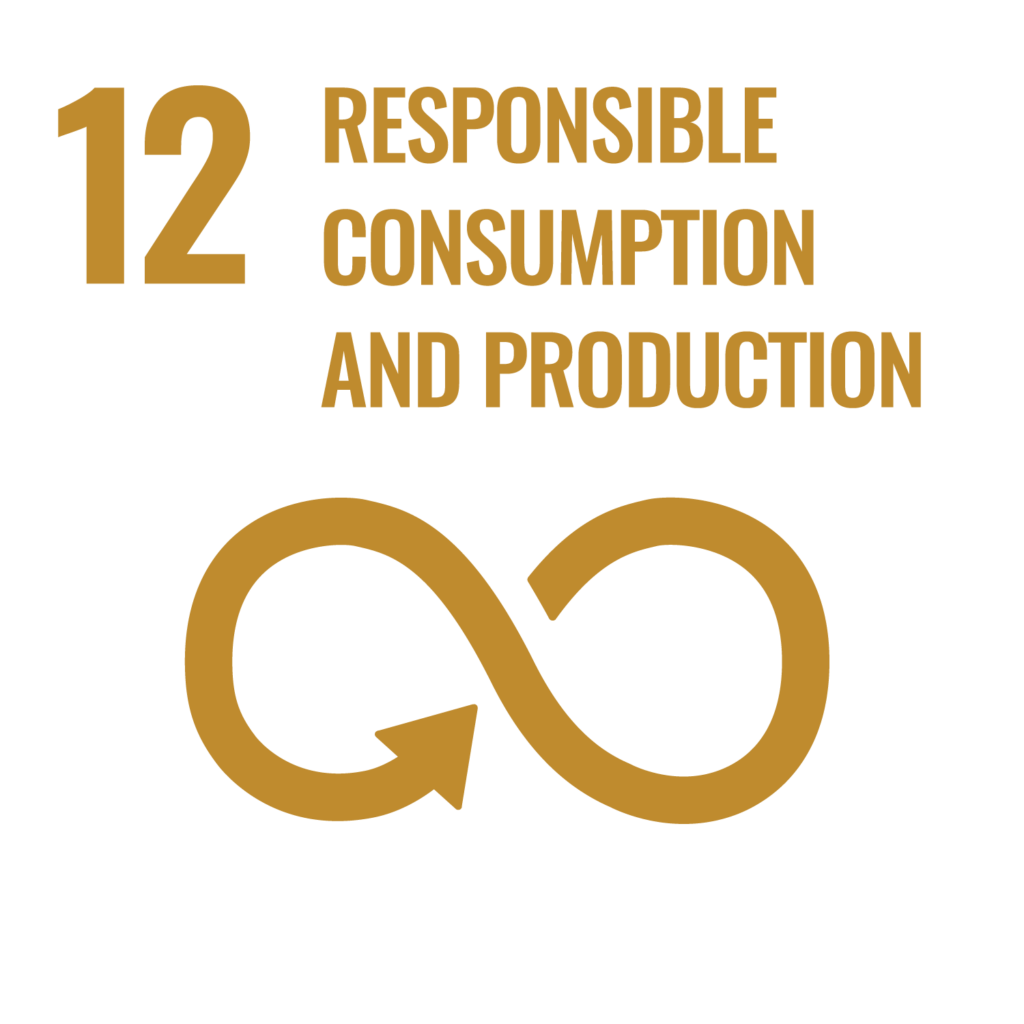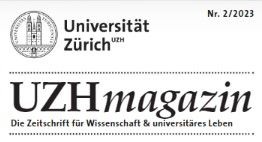The Sky Is the Limit? Ethical Acceptability of Autonomous Systems in Switzerland (SKY)

Inhalt
- The project
- Personen
- Beitrag zu den SDGs
- Background
- In the media
- Funding and practice partners
- Links
The project
The development and deployment of high-impact technologies touch upon a set of pressing ethical, legal, social and political problems. It is important to (co)create a knowledge base on this topic, and to (co)develop normative frameworks and governance models to support the smooth introduction and integration of them in society. Taking drones used as urban air mobility solutions in Switzerland as an exemplar, this research aims to investigate real-world use cases of urban use of drones in the Swiss context.
Contribution to the SDGs

SDG 9 – Industry, Innovation and Infrastructure
High-tech industries are far more resilient in crises than their lower-tech counterparts. This project contributes to explore how to build resilient infrastructure, promote sustainable industrialization, and foster responsible innovation in urban Switzerland.

SDG 11 – Sustainable Cities and Communities
99% of the world’s urban population breathe polluted air. This project contributes to better understand how to make cities and human settlements safer, greener, more inclusive, and more sustainable.

SDG 12 – Responsible Consumption and Production
Unsustainable patterns of consumption and production are the root cause of triple planetary crises. This project contributes to contest how humanity can move forward towards addressing the climate and biodiversity challenges collectively.
Background
The development and deployment of high-impact technologies touch upon a set of pressing ethical, legal, social and political problems. It is important to (co)create a knowledge base on this topic, and to (co)develop normative frameworks and governance models to support the smooth introduction and integration of them in society. Currently, however, there is a lack of empirical knowledge on the perceptions about, and attitudes toward, the use of high-impact technologies at scale. This epistemological lacuna further suggests a lack of awareness of the normative implications around the ethical acceptability of them, where issues pertaining to access and equity, benefit sharing, harm and risk, consent and allocation of public resources may be overlooked.
Taking drones used as urban air mobility solutions in Switzerland as an exemplar, this research aims to investigate real-world use cases of drones in the Swiss context. Building on prior and ongoing projects led by the applicant, the research seeks to provide evidence and analyses about the ethical acceptability of autonomous systems used in urban settings, on the one hand, and develop practical governance tools to help policy makers and the public to better understand the framework conditions for ethically informed transformations towards sustainability, on the other hand.
The project will be carried out in four phases across 12 months, encompassing empirical study, experimental co-creation and evaluation, and assessment tool development and dissemination. It will result in research outputs of both academic and practical natures, including scientific publications at peer-reviewed international journals, “Urban Living Labs” in local communities, and a set of public-facing dissemination materials ranging from technical reports and position papers to audio-visual contents for science communication purposes.
In den Medien

Swiss army uses drone technology. Should we worry?

From «Good» to «Ethical» Drones

Tango und Ethik (Seiten 56-59)
Funding and practice partners
The project is funded by the UZH Alumni under its Research Talent Development Fund (FAN) for 2023-2024. Key project partners include The BRIDGE Lab, the Canton of Zurich, the Federal Office of Civil Aviation (FOCA), as well as other practice partners across the industry and civil society.





